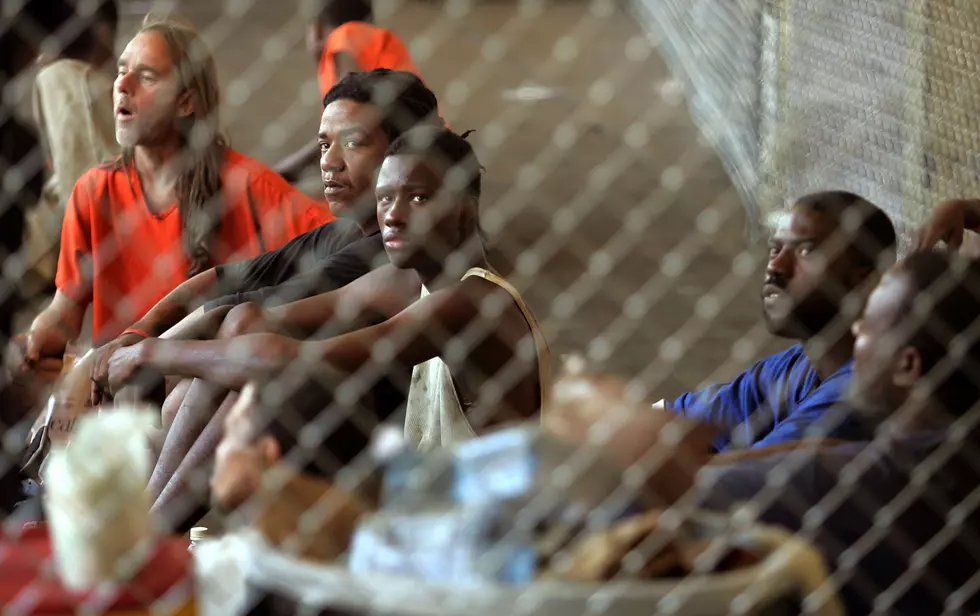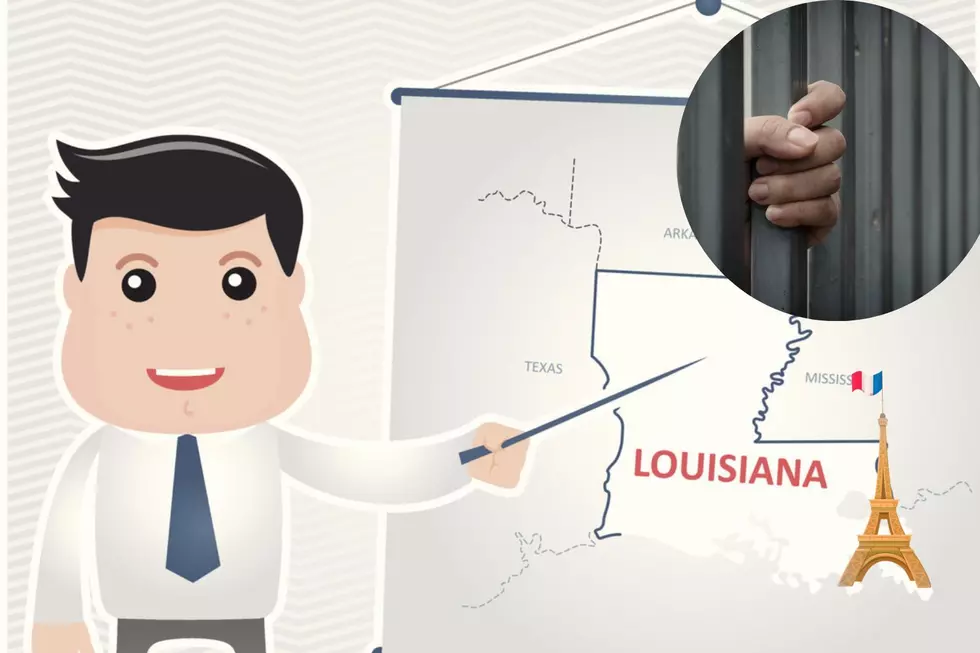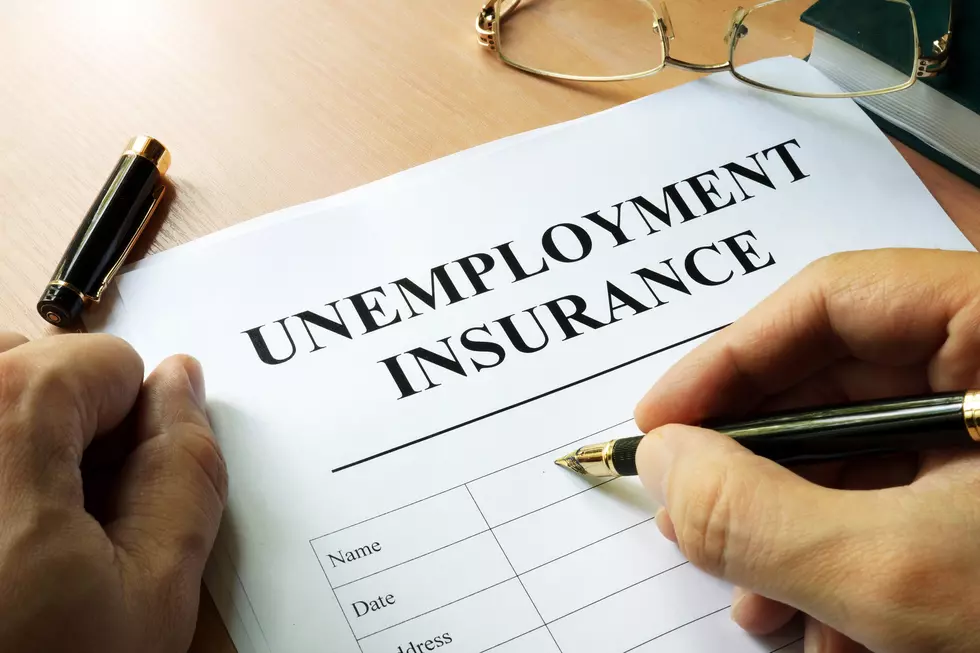
Did Louisiana Pay Unemployment Benefits to Prisoners During Pandemic?

The misery of a hospital visit continues long after you or your loved one have been treated and headed back to the house. The additional pain comes in the form of the medical billing.
You get invoices from places you never heard of and certainly have no idea of the validity of their claim. Now here's the key take away from my slight digression. You don't just pay them! You ask questions. You do research. You put in your due diligence to make sure insurance has paid their part.
And that's the most shocking part of the latest findings from the Louisiana Workforce Commission. We have recently been enlightened that millions of dollars in unemployment benefits were actually paid to prisoners during the pandemic.
In a story first reported by the Louisiana Radio Network, we learn that
the results of a recent state audit shows the Louisiana Workforce Commission paid out $6.2 million in those unemployment benefits to approximately 1,200 prisoners.
We're talking incarcerated. In jail. Not working. And the scary part is that according to Data Analytics Manager for the Louisiana Legislative Auditor’s Office, Chris Magee, that's actually a conservative number since they only looked at unemployment applications for the first half of 2020. According to Magee, “This really shows that there is an issue with this process but doesn’t fully capture the magnitude of the issue.”
The Louisiana Workforce Commission says that the problem is with a vendor that multiple states use that tracks incarceration data. Magee says, “According to LWC and the vendor basically the data match was not working as intended during the Covid-19 pandemic.” You could almost feel the desperation in Magee's response, “Those who received it for two, three weeks and then all the way through the pandemic, they’re incarcerated the entire time and the process really should be catching those individuals.”
Of course, the Louisiana Workforce Commission says they'll do what they can to recoup the misplaced funds, but we all can imagine the odds of that actually happening.
The scariest part to me, is that if $6.2 million is a "conservative estimate" of the amount prisoners were mistakenly paid, what would be the amount of funds paid to those who were truly not eligible for the funds. Maybe they had not worked in years? Maybe they had never been employed? Maybe they aren't even alive anymore?
And this isn't the first time governmental funds have mistakenly gone to the wrong people, and it certainly won't be the last. One would hope that before funds were paid, the very questions we ask of medical providers, would also be asked here. But maybe I'm living in a fantasy world.
Top 7 Authentic Tacos in Shreveport-Bossier
More From K945, The Hit Music Channel









